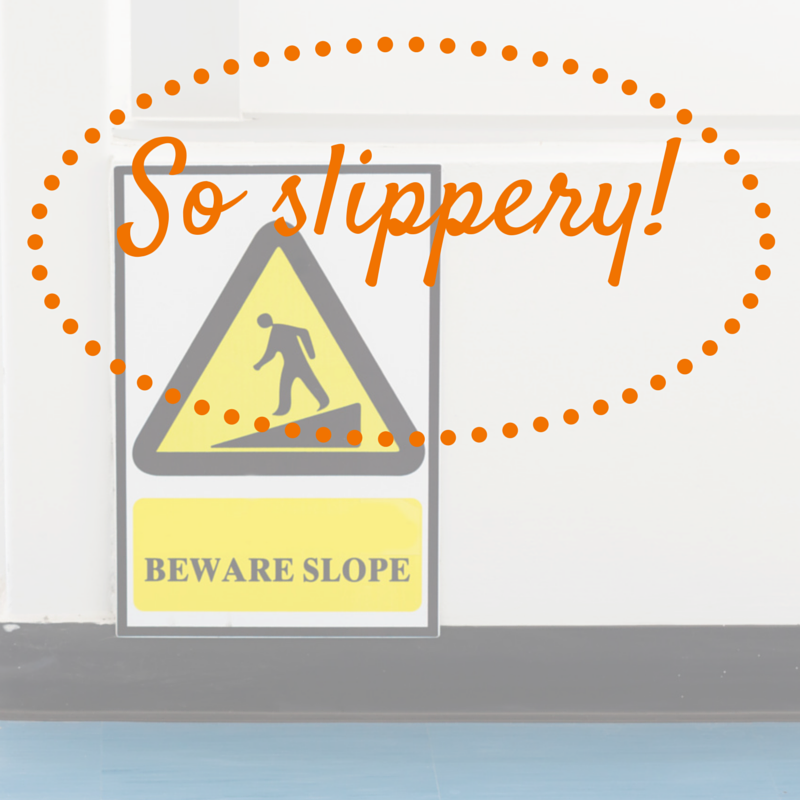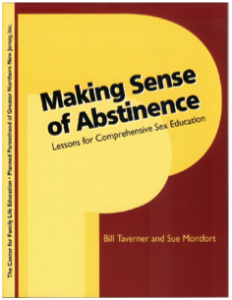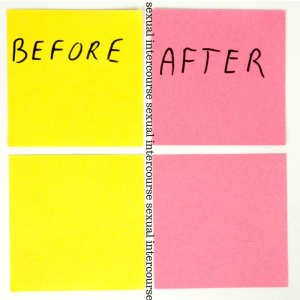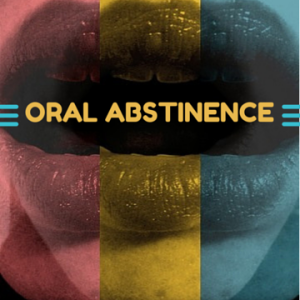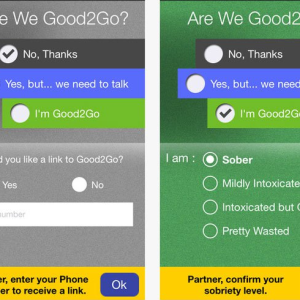That slippery, slippery slope that leads from the lesser to the greater evils. It’s the good intentions, I am sure, that make it so slippery in the first place.
Here to dispel that myth!
_____________________________________________________________________
IS THE SLOPE THAT SLIPPERY?
Objectives:
Participants will:
1. Identify behaviors that may be congruent (or incongruent) with their personal definitions of abstinence.
2. Dispel the myth that all intimate sexual behaviors will inevitably lead to sexual intercourse.
3. Identify ways to help people set their own sexual limits and adhere to them.
Rationale:
Many adults believe that teens are not capable of controlling their sexual behaviors once they are alone with a partner. Unfortunately, teens may learn to mistrust themselves and may believe that they will always get “carried away” if they engage in any sexual behavior. Young people need the opportunity to discuss a variety of sexual behaviors, besides sexual intercourse, that may or may not be included in their personal definitions of abstinence. This lesson helps young people assess whether they think various behaviors would or would not result in intercourse, and help them lay a foundation for making decisions about their sexual behaviors.
_____________________________________________________________________
I like this lesson not only because it dispels the myth that teenagers are incompetent at making and sticking to decisions but also because it lets people pretend to be part of a call in radio show, and I’m a sucker for call in radio shows. (One of my dreams is to someday have my own…)
But let’s get back to the negative assumptions that are made about teenagers when adults say that sexual activity is a slippery slope that – gasp! – once they start down, they’ll never be able to claw their way back up. It’s based in the tenets of adultism – this idea that adults are somehow better, more valuable, etc, than children. The slippery slope flows naturally from adultism, and I’m glad to see this lesson challenging that idea and helping young people build their own ideas about what is, ultimately, an intensely personal and private decision.


